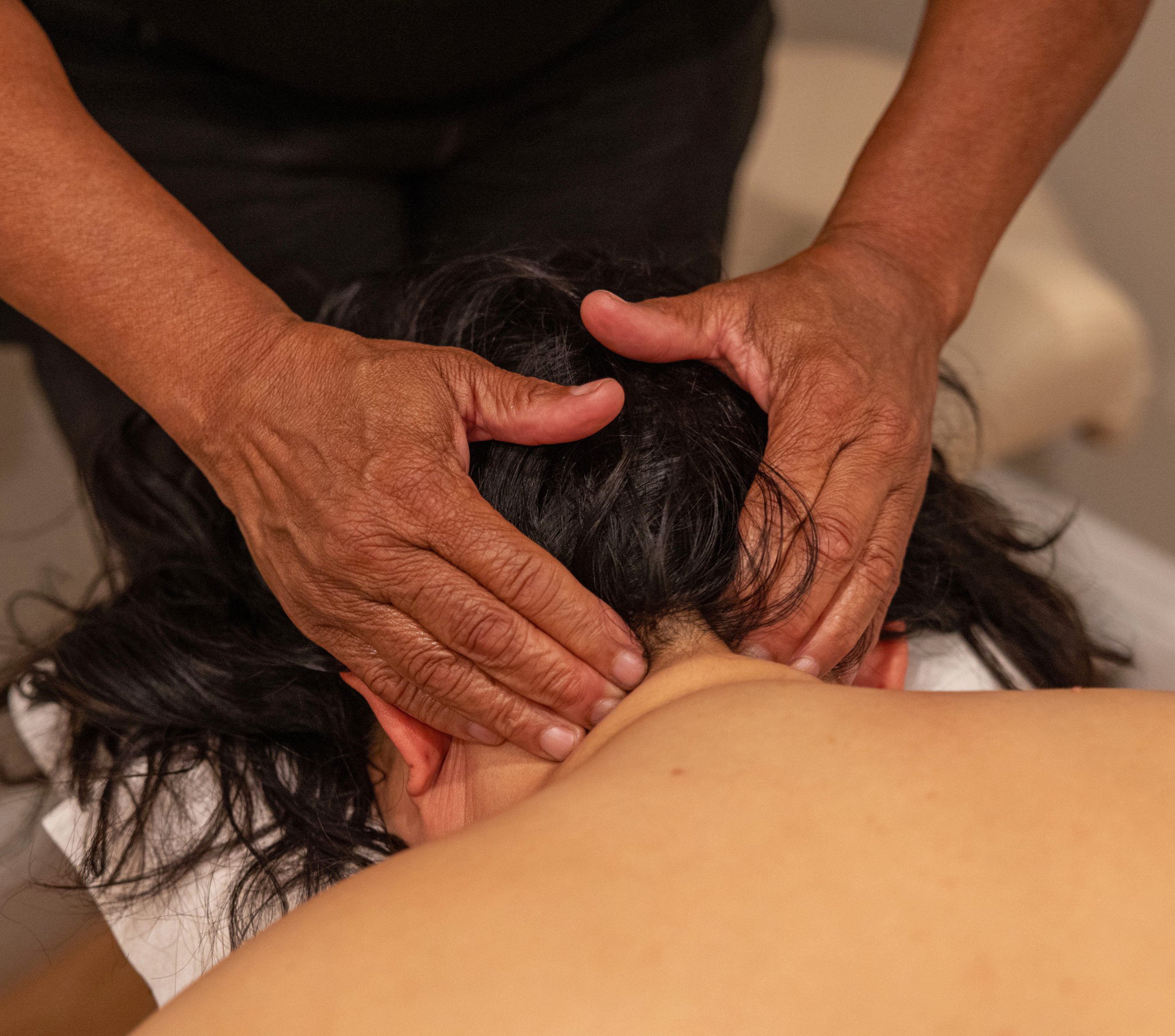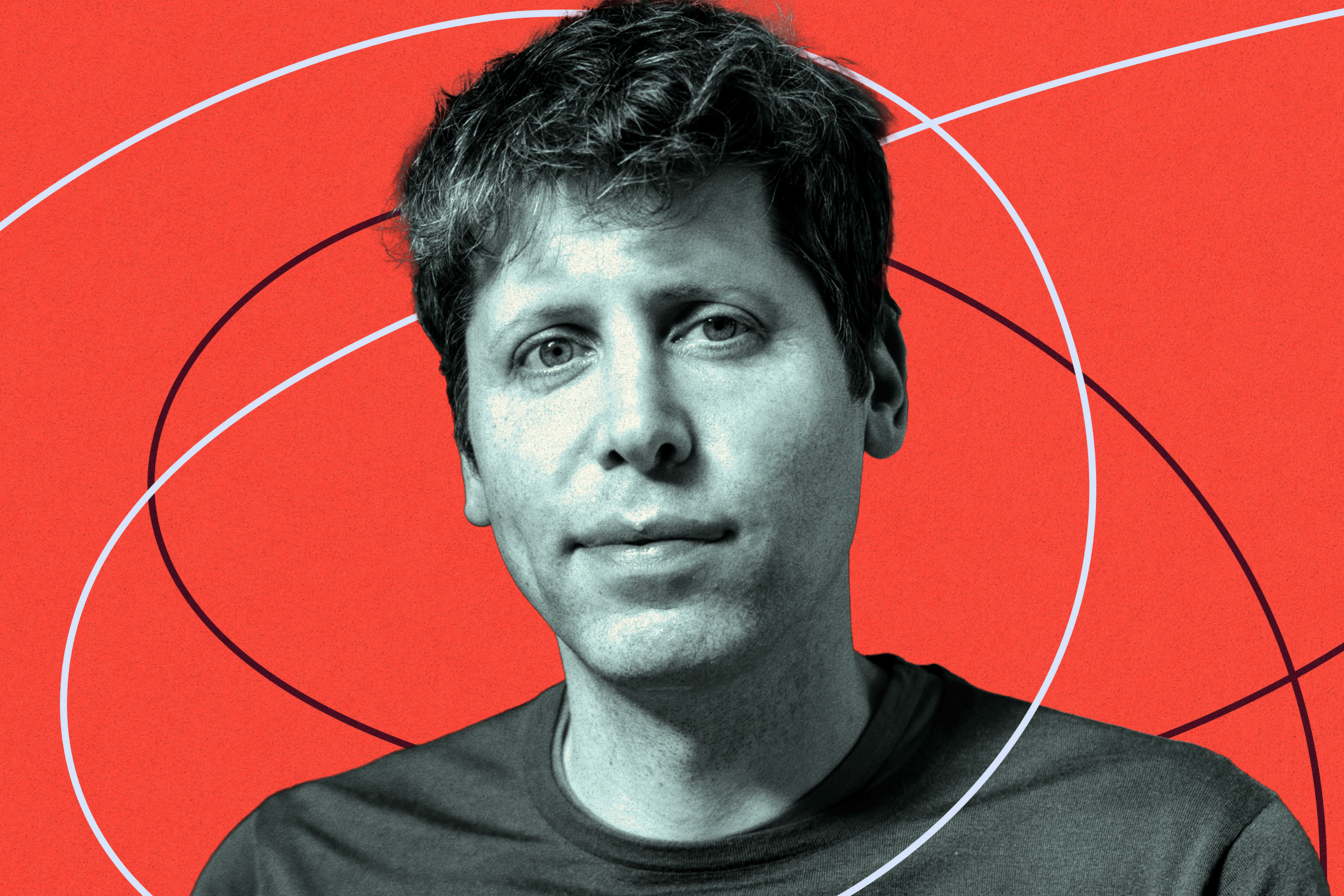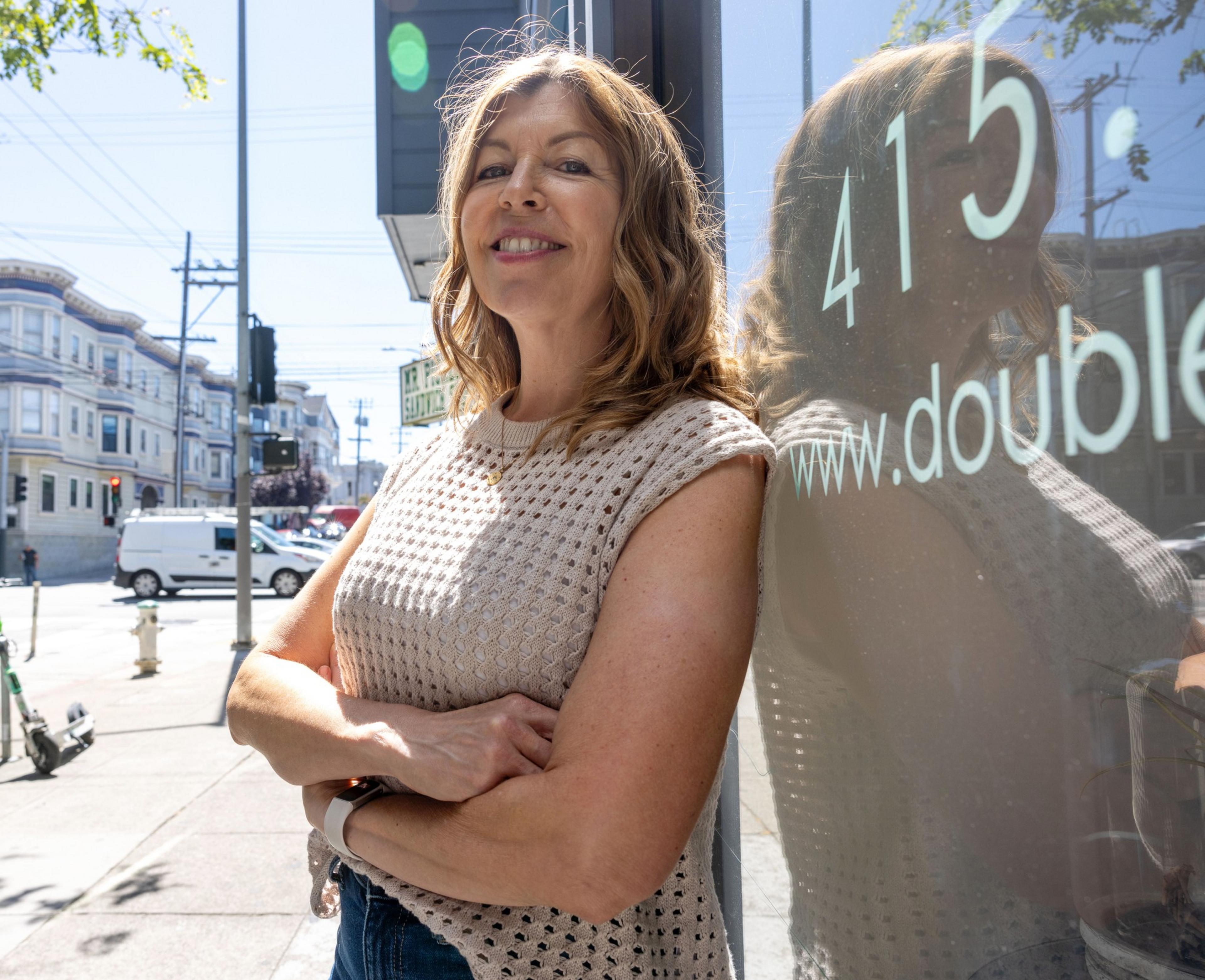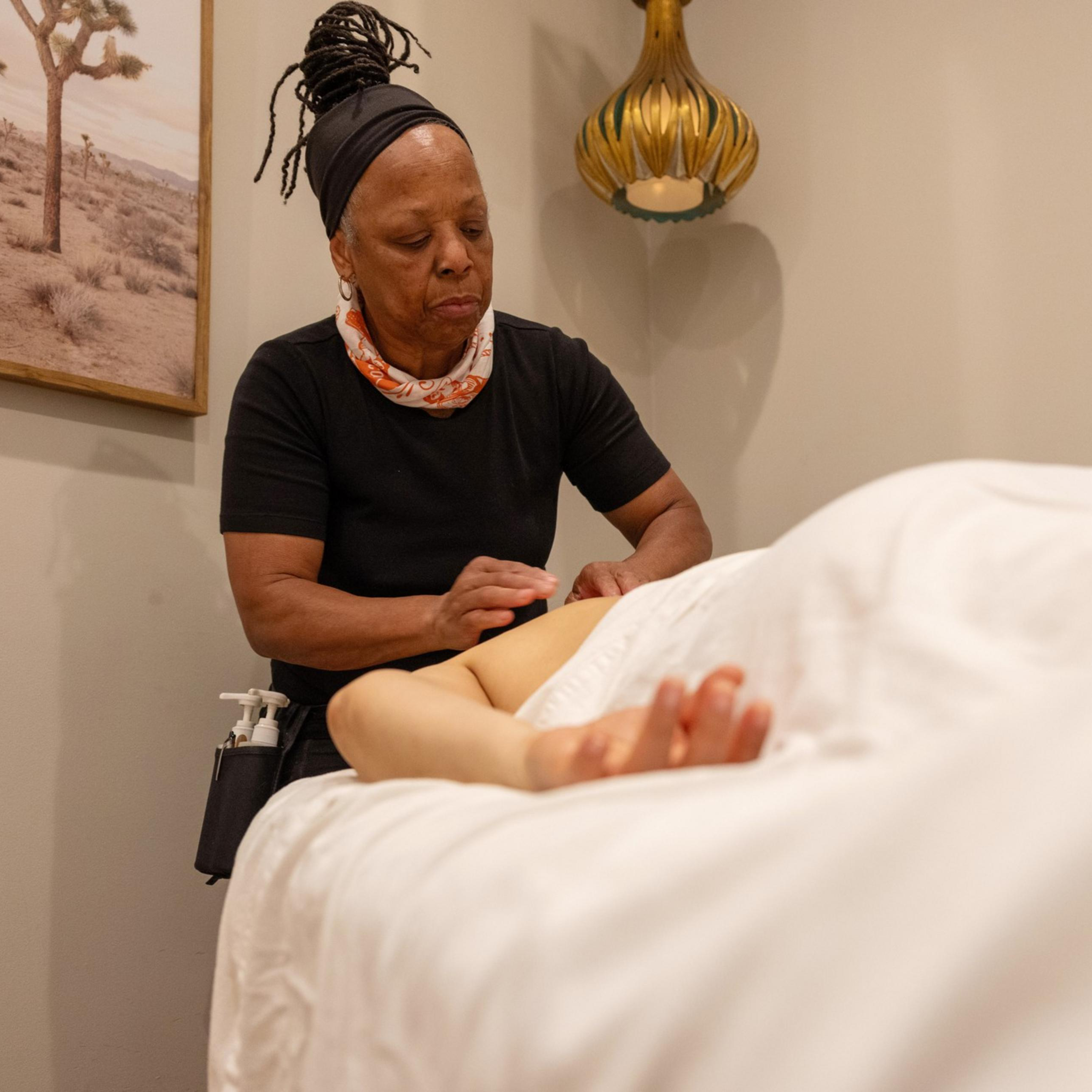Stepping off the sticky sidewalk at 16th and Mission streets and into a dark room with lilac walls and matching shag carpet, you might think you walked into the wrong kind of massage parlor. But make no mistake, Ekaterina Pushkarnaya, owner and sole proprietor of Pain Relief Massage, is an expert at loosening knotted muscles and stiff joints.
These days, tech workers make up roughly half her clientele, and she’s not alone. Turmoil in the tech industry has been well documented with rolling rounds of layoffs over the last two years. Extreme interest, investment and the drama around artificial intelligence seem to have only added to the stress of being a San Francisco techie in 2024, as even with a reduced local workforce, health spa workers say their client loads are higher than in pre-pandemic days.
The Standard spoke to five practitioners in the Mission, nearly all of whom say at least half of their clients work in tech. Tech worker customers all gripe about the same set of ailments: lower back pain, stiff shoulders and necks, and soreness in their wrists, hands, or forearms. The physical nature of their roles, coupled with the common denominator of stress, is more than likely to blame for their issues. The Mission is home to a bunch of tech companies and their work-from-home or hybrid staffers, who don’t have to look far for muscular relief.
Business people told The Standard they often figure out their clients’ occupations through intake forms, as most are tight-lipped about their personal and professional lives.
‘Tech neck’
Paulene Harrell, a massage therapist at Double Happiness Health on 20th Street—two blocks from OpenAI’s office—estimates the lion’s share of her clients work in tech.
“Probably 85% to 90% of my clients are in tech,” said Harrell, who said she has been a professional masseuse for more than 30 years.

Harrell also gets the usual complaints about muscle tightness. But from speaking with her clients, she gleans it’s not just hunching over the keyboard that’s the issue—it’s also the layoffs.
Five things we learned from our bare-all interview with Sam Altman

“It’s both the emotional stress and the physical ‘tech neck’ stress,” Harrell said.
Double Happiness owner Christine Friel agreed with the stress assessment, the acupuncturist said half of her clients are techies.
“People are concerned about layoffs still,” Friel said. “After the workforce shrunk, they have the workload of four to five people.”
While layoffs have shrunk the client base, Friel said she sees about 20% more clients than before the pandemic. Between 5% and 10% of her clients work at OpenAI, and the rest work at Google, Amazon, Meta and Airbnb, she said.
“We used to have a lot of X [formerly Twitter] people,” Friel said. “But we stopped seeing them.”

A Double Happiness customer and UX designer for a San Francisco tech company said she often gets pain in her neck, shoulders and lower back. She’s been getting both acupuncture and massages for the last 10 years, and she’s been seeing Harrell for three of them.
“It’s just such an important staple for me,” said the worker, who wouldn’t give a name or say where she worked for fear of retaliation from her employer. It’s no secret tech workers at high-profile companies like nearby OpenAI are subject to rock-solid non-disclosure agreements.
“Tech guys, a lot of them are introverts,” said Pushkarnaya, who’s been in business in the neighborhood for three years. The purple paint job, carpet and multicolored LED lights soothe customers, she said.
Although her techie clients aren’t particularly chatty, she often asks them what tasks they do for work to better understand the causes of their aches and pains. But when they go quiet on the masseuse, she has a backup plan.
“I use my senses,” Pushkarnaya said. “If I feel tension, congestion in the tissues, I work there.”
Candace Combs’ In-Symmetry Spa on Florida Street is just a five-minute trot from Open AI’s office at 18th and Folsom streets. She counts around seven OpenAI staffers among her weekly clientele.
“I talk to a lot of OpenAI people,” Combs said. “Any tech worker will tell you their lower back hurts because they’re a desk jockey. It’s pain from sitting too much.”

Chiropractor Logan Frahm, based at Live Fit Gym on Valencia Street—a 10-minute walk from OpenAI’s offices—said most people who wind up on his table are in tech.
“At least 60%,” Frahm said. “We get a lot of software engineers.”
Frahm said he works with 120 to 150 people a week, which is made possible because sessions are brief—usually around 15 minutes—and cost $100. They often complain of back pain, which Frahm said is brought about by lots of sitting and bad posture.
Frahm said he’s seeing younger clientele nowadays than he did 20 years ago. In the 2000s, many of the people seeking “adjustments” were over 50 and often worked more “blue-collar” jobs.
“Everyone I see now is generally young and fit,” Frahm said, adding that his younger customers want to get ahead of issues they’ve seen older folks struggle with. “I usually recommend wobble cushions.”

